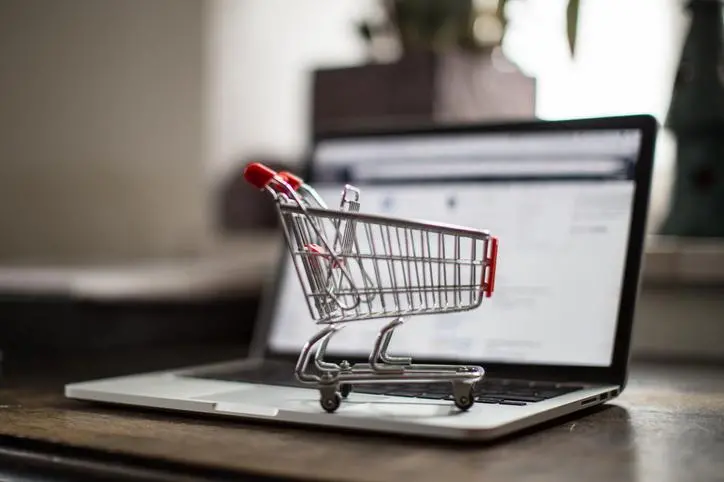PHOTO
The growth of the GCC e-commerce sector will be accelerated by the effects of Covid and reach $50 billion (Dh183.5 billion) by 2025, Kearney Middle East said in a new report.
It predicted that e-commerce will become the main source of growth in the retail sector over the next five years, which has grown from a mere $5 billion in 2015 to about $24 billion in 2020. Led by the region's largest economies Saudi Arabia and the UAE, it is estimated that e-commerce in the Gulf will grow to $29 billion in 2021, $34 billion in 2022, $39 billion by 2023, $44 billion by 2024 and $50 billion by the end of 2025.
The report forecast a larger acceleration in e-commerce between 2020-22, at a 20 per cent compound annual growth rate (CAGR), and 14 per cent until 2025. Without Covid-19, the same growth was projected at 14 and 10 per cent, respectively. This highlights the impact of the pandemic on accelerating the growth of the sector in the region.
"E-commerce continues its rapid growth in the region. In 2017, we forecasted growth of 35 per cent CAGR, which was essentially more than a four-fold jump in value for the sector between 2015 and 2020. By the end of 2019, it was worth just short of $18 billion, with signs of maturing growth and intense market competition," said Adel Belcaid, partner at Kearney Middle East.
"However, Covid-19 caused an unforeseen push and gave a new, accelerated lease of life to the sector, in line with what we have seen in global markets. This is due to a rapid change in consumer behaviour, with unprecedented adoption of e-commerce by all population segments, spurred to a large extent by the new normal of social distancing, lockdowns and reduced capacity in physical stores," said Belcaid.
Debashish Mukherjee, partner at Kearney Middle East, said the projected growth in GCC e-commerce rests on crucial factors like the logistics infrastructure, flexible manpower models and centrally governed policies.
"All stakeholders should take note and revisit their strategies, operating models and policies to adapt and make the best of this e-commerce-driven new normal. Those who have already made the investment have weathered the storm and are well-positioned to lead in the post-Covid retail revival. More than ever, those who fail to make the required changes and investments will be sidelined and put their very survival in question," he added.
An earlier survey by Kearney in the UAE indicated that just 36 per cent of small and medium enterprises have made the investment so far, while only four per cent are planning to sell online in the future.
"In 2019, e-commerce amounted to Dh59 billion and is expected to grow by 600 per cent by the end of this year, thanks to the adoption of the UAE government to the e-payment on various platforms and the tremendous growth of it in other categories such as fast-food restaurants and transportation," said Walid Hareb Al Falahi, CEO of Dubai Consultancy.
Mauro Romano, co-founder and chief executive officer of ArabClicks, said online shopping in the UAE is becoming the norm whereas in the past it used to be secondary to bricks-and-mortar shopping.
"Keeping the current conditions and safety of consumers in mind, several businesses have completely moved their operations online or tweaked their services to enhance the shopping experience for customers. Considering the present circumstances, this will persist for a while. I expect a lot of new developments to take place perhaps attracting a lot more individuals to the platform," added Romano.
Copyright © 2020 Khaleej Times. All Rights Reserved. Provided by SyndiGate Media Inc. (Syndigate.info).





















